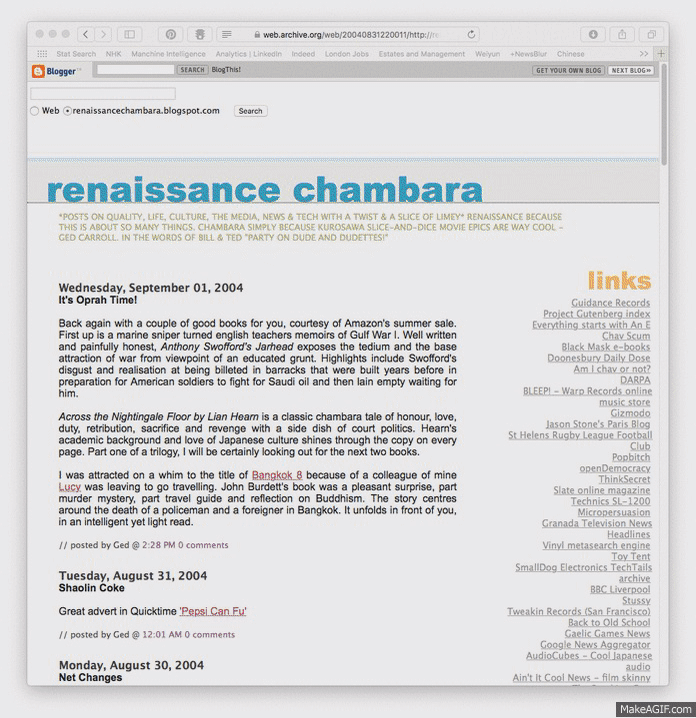How Traffic to This YouTube Video Could Predict ISIS Attacks – Defense One interesting, but is it actionable intelligence? This reminds me a lot of the term ‘chatter’ as used in the series ’24’. Or prediction markets, which may be better for financiers investing in related areas rather than providing something that the military and law enforcement can use effectively. For instance it would affect your stance on Insurance stocks and oil futures if you were able to predict ISIS attacks. More security related posts here.
You can now hang out with Totoro and explore Studio Ghibli worlds in virtual reality | Rocket News 24 – indicates an interesting interplay between linear media and VR. Linear media storytelling sets the scene; VR allows you to explore it. I feel that we don’t ‘get’ storytelling in VR yet, having worked on a project for New Balance. This work by Studio Ghibli offers a complementary option that media companies could get onboard with
Lenovo and Apple are fastest growing among India’s top 10 smart phone vendors | TelecomTV Insights – we’ll see how long this lasts, India like China is focused on domestic smartphone makers. I could see Apple appealing to elites like their peers globally, but the great bulk of handsets is going to come in at the bottom.
brandchannel: The Language Of Now: Pepsi Kicks Off Global PepsiMoji Campaign – please millennials engage with our brand! To be fair PepsiCo have tried innovations for a good while. They were one of the first brands to use QRCodes for western consumers. Western consumer usage is only now starting to catch up with it a decade or more later.
[Podcast] Tencent And QQ With Eva Xiao | Technode – great interview as a primer on Tencent. Tencent is one of the BAT of China. BAT stands for Baidu, Alibaba and Tencent. The BAT are a set of companies with a similar position to what GAFA (Google, Amazon, Facebook, Apple) have in the west.


